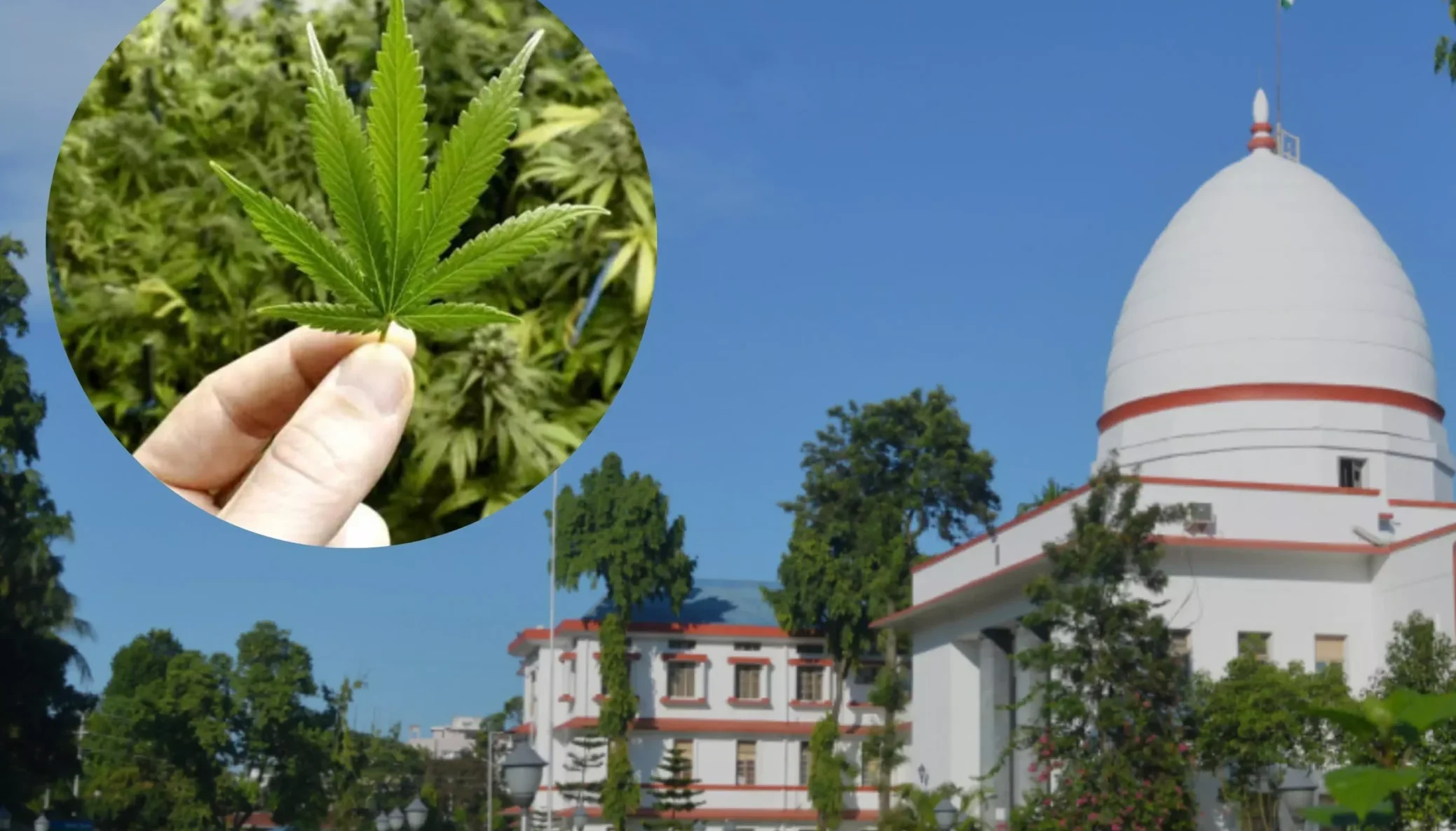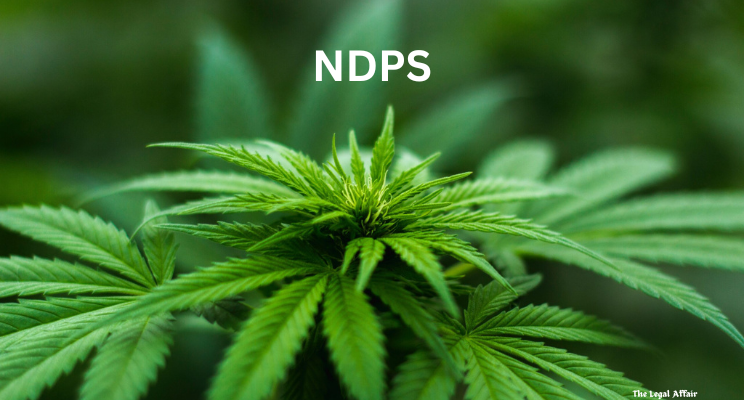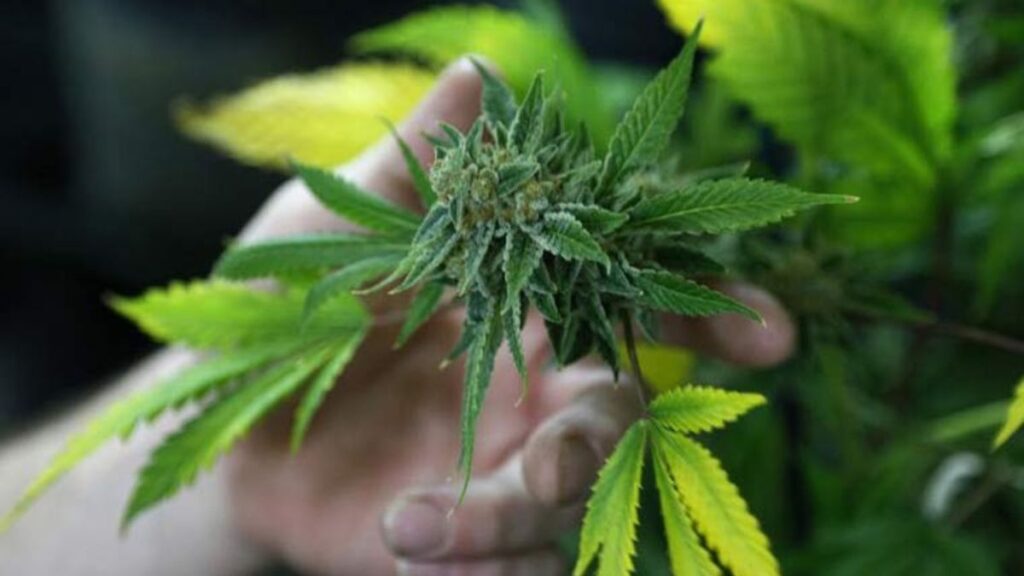In a landmark decision that could influence narcotics law enforcement across India, the Andhra Pradesh High Court has ruled that cannabis seeds and leaves do not fall under the legal definition of “ganja” under the Narcotic Drugs and Psychotropic Substances (NDPS) Act, 1985.
Justice K Sreenivasa Reddy, presiding over a bail plea, clarified that only the flowering or fruiting tops of the cannabis plant are criminalised under the law — not the seeds or leaves when found independently.

“The seeds and leaves of the cannabis plant, in the absence of the flowering or fruiting tops, do not fall within the definition of ganja under Section 2(iii)(b) of the NDPS Act,” the court noted.
Background of the Case
The judgment came in response to the arrest of two individuals for allegedly possessing over 1.5 kg of what authorities claimed was ganja. Upon scrutiny, it was found the material contained only leaves and seeds, with no flowering tops — the psychoactive part prohibited by law.
Defense lawyers argued that the seizure did not qualify as “ganja” under the Act. The High Court agreed, granting bail and stating that without the presence of the tops, the penal provisions were inapplicable.

Why This Matters
This ruling is significant because it:
Reinforces the legal definition of ganja under the NDPS Act
Could impact pending narcotics cases involving only seeds or leaves
Calls for greater clarity and caution in police seizures and arrests
The verdict reiterates that the NDPS Act targets intoxicating parts of the cannabis plant, not its non-psychoactive components, unless they accompany the tops.
Legal Note
As per Section 2(iii)(b) of the NDPS Act:
“Ganja means the flowering or fruiting tops of the cannabis plant (excluding the seeds and leaves when not accompanied by the tops).”
This clarity could prompt nationwide re-evaluation of cannabis-related arrests and improve legal safeguards for individuals wrongly implicated


